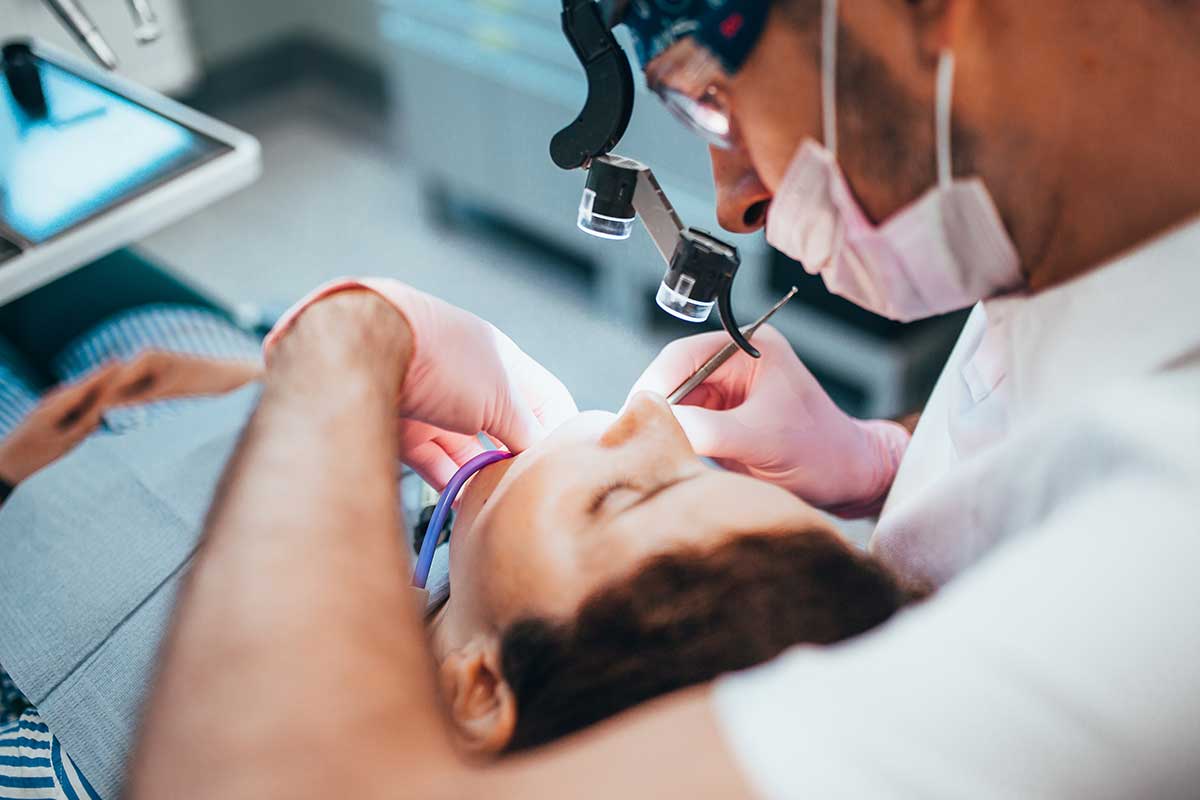Properly following aftercare procedures after root canal treatment services is essential to ensure successful healing and long-term oral health. Adhering to your dentist’s recommendations helps prevent infections, reduce discomfort, and protect the treated area during recovery. This care minimizes complications and ensures the tooth remains strong and functional.
Preparing for Your Root Canal
Before your root canal procedure, it is essential to discuss your medical history and any current medications with your dentist. This information ensures a safe and effective treatment plan tailored to your needs. Additionally, your dentist may recommend taking over-the-counter pain relievers, such as ibuprofen, in advance to help reduce inflammation and any potential discomfort following the procedure. Confirming and addressing any questions or concerns with your dentist prior to the appointment can also provide peace of mind.
On the day of your root canal, ensure you have had a proper meal, as your mouth may feel numb for several hours post-procedure, making eating challenging. Wear comfortable clothing and arrive a few minutes early to relax and prepare mentally for the treatment. If you experience dental anxiety, consider discussing sedation or relaxation techniques with your dentist beforehand. Proper preparation can help contribute to a smooth and stress-free experience.
How to Care for a Root Canal-Treated Tooth
After undergoing a root canal procedure, proper aftercare is essential to ensure optimal recovery and the long-term health of your treated tooth. It’s important to follow these steps to protect the treated area and promote healing:
Manage Discomfort if the Tooth Hurts
Mild discomfort and sensitivity are common after a root canal. Over-the-counter pain relievers, such as ibuprofen or acetaminophen, can help alleviate post-procedure soreness. Be sure to follow the dosage instructions provided on the medication packaging or as advised by your dentist.
Practice Good Oral Hygiene
Continue brushing and flossing gently around the treated tooth to maintain a clean and healthy oral environment. Use a soft-bristled toothbrush and avoid putting excessive pressure on the treated area to prevent irritation.
Avoid Hard or Chewy Foods
Stick to soft foods for the first few days following your procedure. Chewing hard, sticky, or crunchy foods can put unnecessary pressure on the treated tooth, potentially causing discomfort or complications.
Be Cautious with Temporary Restorations
If your root canal-treated tooth has a temporary filling or crown, avoid chewing on that side of your mouth until the permanent restoration is placed. Temporary materials are not as durable and may dislodge or crack with excessive use.
Monitor for Unusual Symptoms
While some sensitivity is normal, contact your dentist if you experience severe pain, swelling, or signs of infection, such as fever or a persistent foul taste. These could indicate complications that require prompt attention.
Schedule Follow-Up Appointments
A permanent crown or filling is often necessary to protect your tooth after the root canal procedure. Make sure to attend all scheduled follow-up visits to complete the restorative process and ensure the treated tooth remains functional and stable.
By following these aftercare steps, you can help preserve the success of your root canal treatment and maintain a healthy, pain-free smile. Always reach out to your dentist if you have questions or need additional guidance during your recovery.
Trust Your Root Canal to Access Endodontics — Contact Us Today
Led by Dr. Burton Waxman and Dr. Lina Jarboe, our team at Access Endodontics is dedicated to providing expert care and ensuring your comfort throughout your root canal procedure. We utilize advanced techniques and personalized treatment plans to achieve the best possible outcomes for our patients. Contact us today at 410.304.7226 or online to schedule your appointment and experience professional, compassionate care you can trust.

